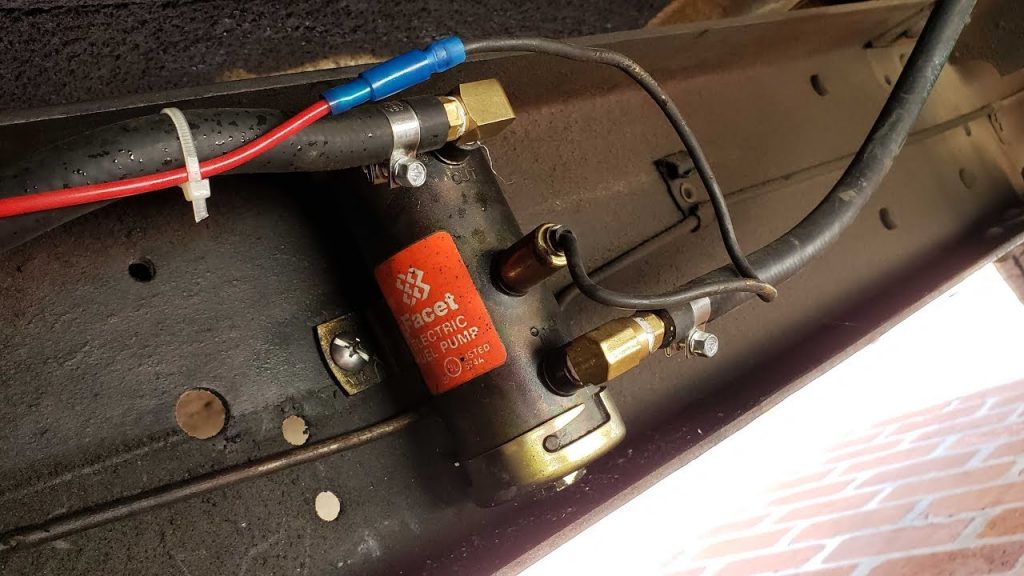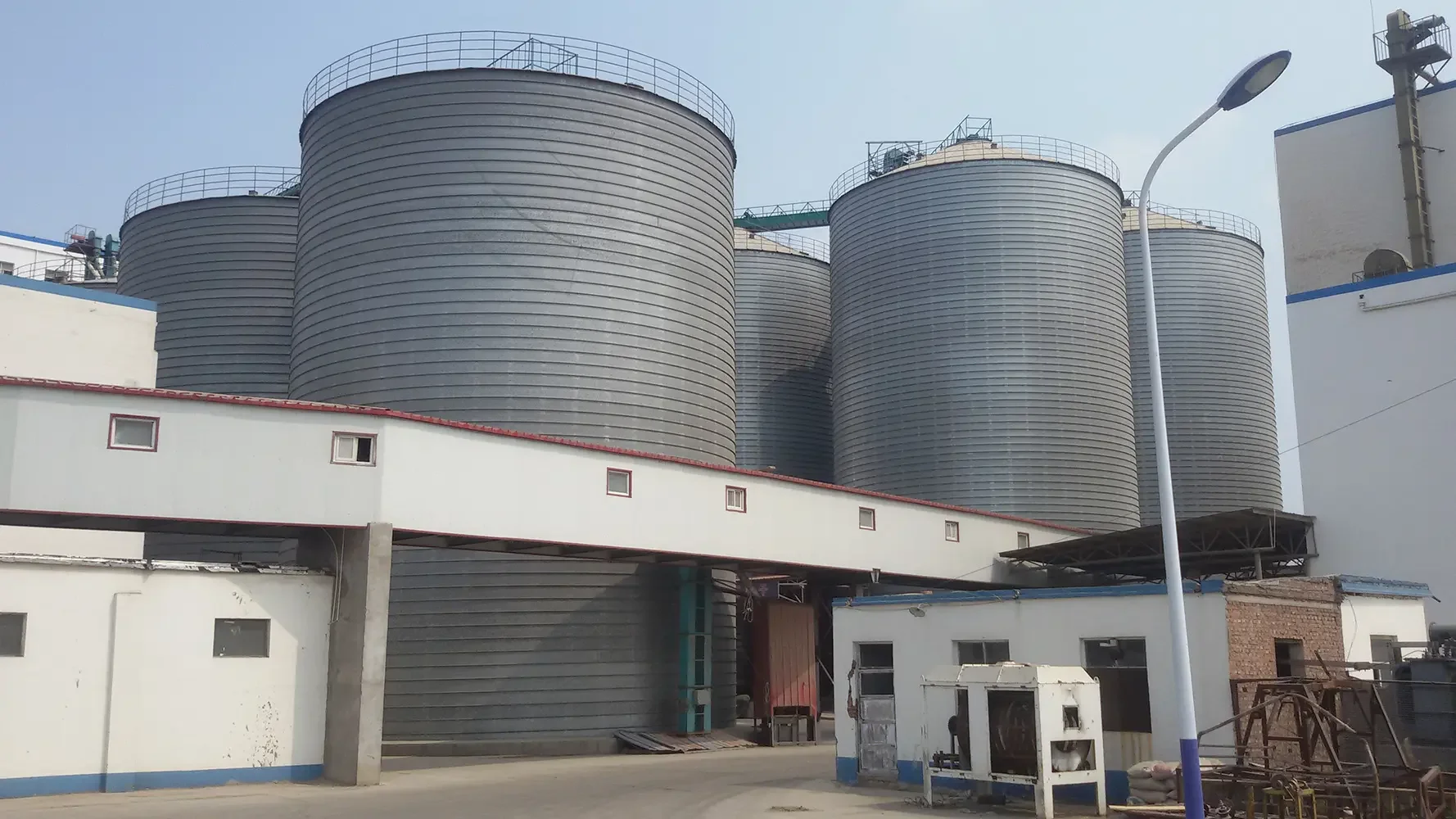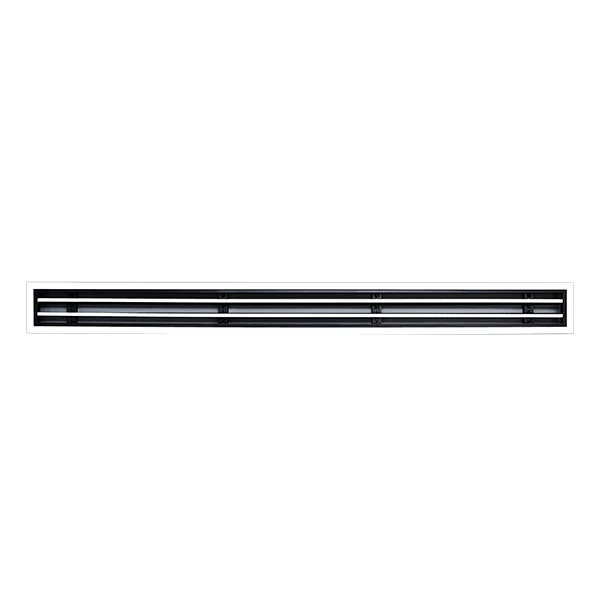In the realm of automotive engineering, the fuel pump stands as an unsung hero, silently powering our vehicles with the lifeblood they need to run smoothly. While often overlooked, this critical component plays a pivotal role in ensuring optimal engine performance and fuel efficiency. In this comprehensive blog post, we will delve into the multifarious benefits of a fuel pump, shedding light on its significance and exploring its impact on various aspects of vehicle operation.
- Enhanced Fuel Delivery Efficiency:
At the heart of a fuel pump's functionality lies its ability to deliver fuel from the tank to the engine with precision and efficiency. By maintaining a consistent flow rate, it ensures that the engine receives the appropriate amount of fuel at all times. This not only optimizes combustion but also minimizes wastage, resulting in improved fuel economy and reduced emissions. - Reliable Engine Performance:
A fuel pump acts as the lifeline of an engine, supplying it with a continuous and reliable stream of fuel. By maintaining a consistent fuel pressure, it enables the engine to operate smoothly and efficiently, regardless of varying load conditions. This steady supply of fuel ensures proper combustion, preventing engine misfires, stalling, and other performance issues, thereby enhancing overall reliability and drivability. - Prevention of Fuel Vaporization:
In modern vehicles, fuel vaporization can pose a significant challenge, especially in high-temperature environments. A fuel pump equipped with advanced technologies, such as a returnless fuel system or a vapor recovery system, helps mitigate this issue. By maintaining optimal fuel pressure and temperature, it minimizes the chances of fuel vaporization, ensuring a consistent fuel supply to the engine and preventing potential drivability problems. - Improved Safety and Durability:
Fuel pumps play a crucial role in maintaining the safety and longevity of a vehicle. By effectively regulating fuel pressure, they prevent excessive strain on the engine and fuel system components, reducing the risk of damage and costly repairs. Additionally, modern fuel pumps incorporate advanced filtration systems, ensuring that only clean and debris-free fuel reaches the engine, further enhancing its durability and longevity. - Facilitation of Advanced Engine Technologies:
As automotive technology continues to evolve, fuel pumps have adapted to meet the demands of advanced engine systems. Direct fuel injection, turbocharging, and hybrid powertrains all rely on precise fuel delivery, which is made possible by high-performance fuel pumps. These pumps can handle higher pressures and deliver fuel in a controlled manner, enabling the implementation of cutting-edge technologies that enhance power, efficiency, and overall performance.
Conclusion:
From optimizing fuel delivery efficiency to ensuring reliable engine performance, the benefits of a fuel pump extend far beyond its seemingly simple function. As we have explored in this article, a well-designed and properly functioning fuel pump is essential for maximizing fuel economy, enhancing engine performance, and promoting overall vehicle reliability. By understanding and appreciating the multifaceted advantages it offers, we can truly grasp the significance of this unassuming yet indispensable component in the automotive world.



More Stories
What Is Multistage Centrifugal Pump and How Does It Work
Large Steel Silos for Grain Storage in Global Supply Chains
Thermal Interface Material Applications in High-Performance Server Chips: Overcoming Material Obstacles for Kilowatt-Level Heat Flux